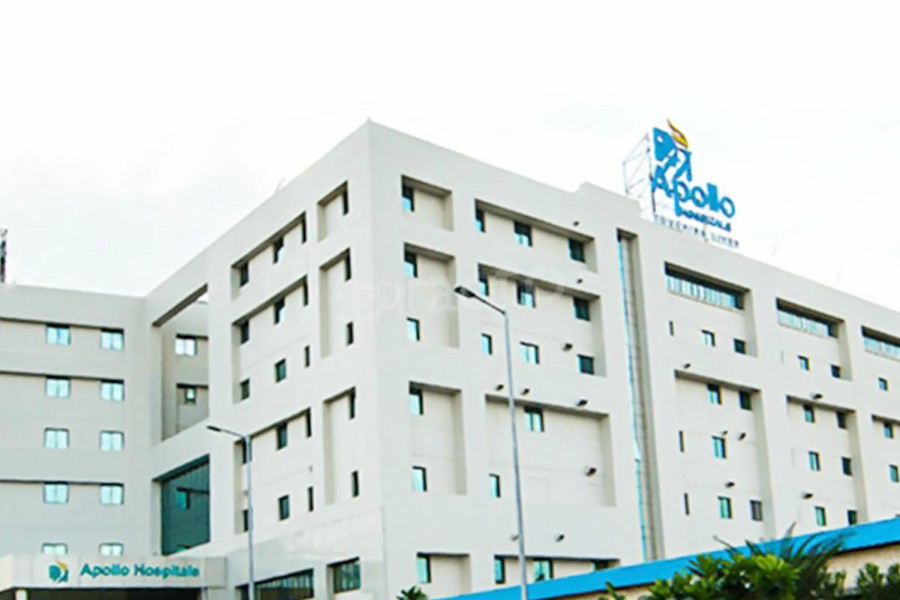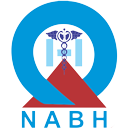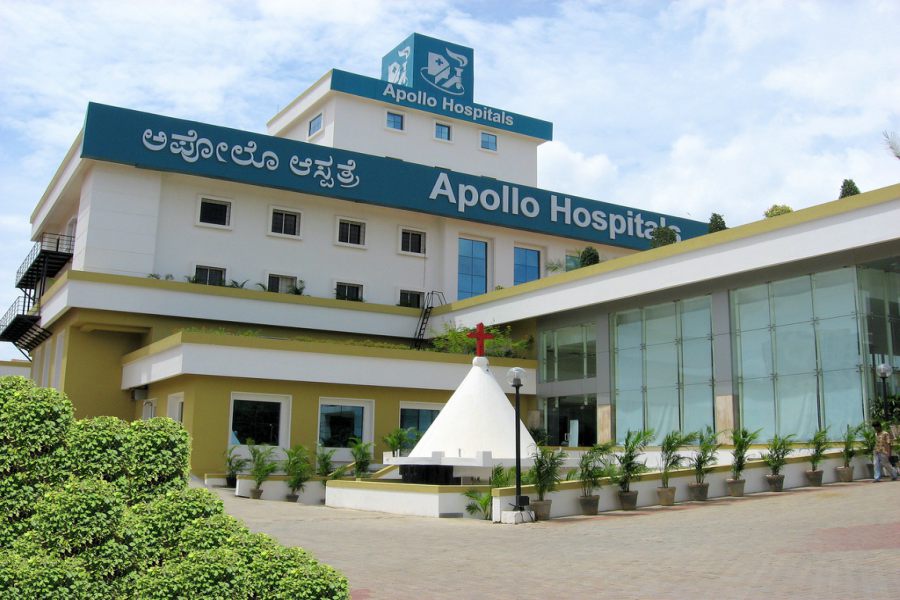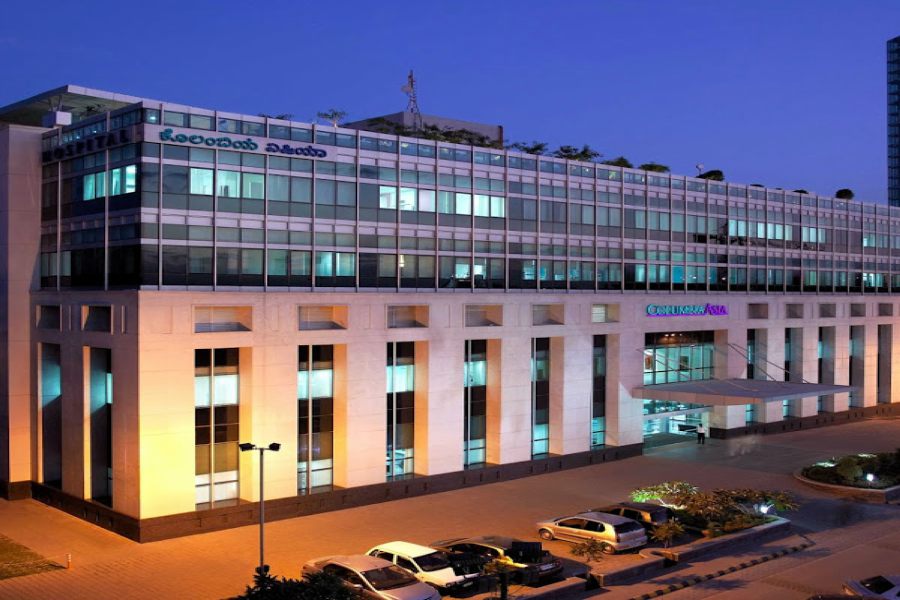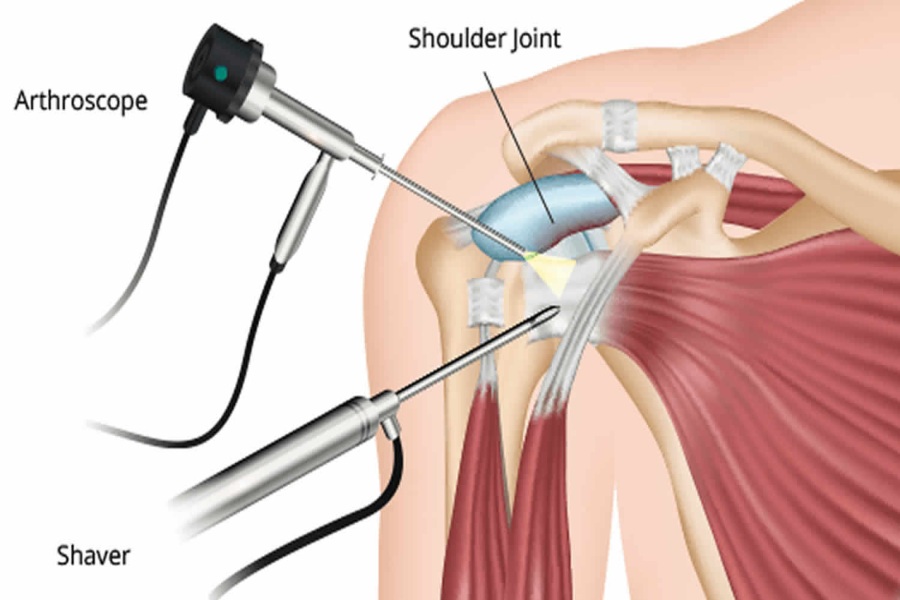
Overview
Shoulder arthroscopy is a surgery which involves the use of a tiny camera called arthroscope, to examine and/or repair the tissues that are present in or around the shoulder joint. As this procedure is done with small incisions rather than large ones, the rate of recovery is faster than open surgeries.
ELIGIBILITY
Shoulder arthroscopy is usually performed if other non-surgical treatment procedures (medications, injections, lifestyle changes) fail to reduce the pain or inflammation in the injured shoulder joint. It is recommended in individuals who have these shoulder problems:
- A torn or damaged ligament
- Dislocation of the shoulder joint or shoulder instability
- The damaged tendon of the biceps
- A torn rotator cuff
- Inflammation near the rotator cuff
- Inflammation of the joints, which can be caused by an illness such as rheumatoid arthritis
PREPARATION BEFORE PROCEDURE
The medical history of the patient will be taken, and a physical examination is done. Besides these, the physician may also prescribe tests like blood test, electrocardiogram, or chest x-ray before the surgery. The orthopedic surgeon will refer to a general physician to make sure that the patient does not have any health conditions that need to be addressed before surgery.
- Before the procedure, the following instructions may be given:
- Stop using blood-thinning drugs like ibuprofen, aspirin, naproxen and other medicines.
- Consult a physician if you have diabetes, heart disease, or other medical conditions.
- Refrain from drinking alcohol and stop smoking at least 2 weeks before the surgery.
- Do not eat or drink anything after midnight before the surgery.
- Avoid taking over-the-counter medications, herbs or other supplements.
- Inform the doctor if there are any illnesses such as cold, flu, fever, and herpes breakout before the surgery.
ABOUT PROCEDURE
During the procedure, regional nerve blocks are injected at the base of the neck or shoulder to numb these areas. In addition to the anaesthetic use, regional nerve blocks also control the pain for a few hours after the completion of the surgery.
During the surgery, the patients are positioned either in a lateral decubitus position (lying on one side) or a beach chair position (semi-seated position on a reclining chair).
A fluid is injected into the shoulder to inflate the joints. It helps to give a clear view of all the structures through the arthroscope. Fluid also helps to control the bleeding. A small incision is made in the shoulder to insert the arthroscope, which gives a better view of the damaged sites in the shoulder.
If the problem is identified, small instruments are inserted through separate incisions to repair the damaged portions. After fixing the problem, the incisions are closed with stitches and are covered with large, soft bandages.
POST-PROCEDURE CARE
After the completion of the surgery, the patient is made to stay in the recovery room for about one to two hours before the discharge. According to the response of the patient, pain medications will be prescribed to relieve the pain. Most individuals experience pain and discomfort for at least a week, while in some individuals, it can persist for several weeks after the surgery.
RECOVERY TIPS
The following tips help in speedy recovery:
- Attend physical therapy sessions and exercise regularly. These help to regain the strength and mobility of the shoulder joints.
- Take the medications (opioids or non-steroidal anti-inflammatory drugs) as prescribed by the physician.
- Do not lie down on a flat surface, as this strains the shoulder muscle and causes discomfort.
- Place your arm in a sling. It keeps the shoulder in position and reduces pain, swelling.
- Use ice packs or cold packs to help relieve pain and decrease the swelling.
FACTORS AFFECTING COST
The procedure cost depends upon:
- The technique used
- The type of equipment used
- The anaesthesia involved
- The general health of the patient
- The expertise of the surgeon
FAQ
Most individuals recover within a short period and return to their daily activities. But, some people take between one to six months, depending on the type of repair in the shoulder joint.
After surgery, experiencing some pain, stiffness and tenderness is normal. But, if you have the following symptoms, consult your doctor immediately:
- Fever over 101°F on the second day after surgery
- Increased swelling or pain
- Redness or warmth
- Numbness or tingling sensation in the arm
Like other surgical procedures, shoulder arthroscopy is also associated with risks like shoulder stiffness and weakness, excessive bleeding, formation of blood clots, and injury to blood vessels or nerves.
It usually takes less than half an hour for the surgery. However, the time required for the surgery depends on the area of the shoulder joint to be repaired.
Take a sponge bath for a few days. Do not have shower baths until the dressing is removed. For at least 2 to 3 weeks after the surgery, avoid swimming or taking a bath till the wounds heal completely.


 Best Hospitals
Best Hospitals
